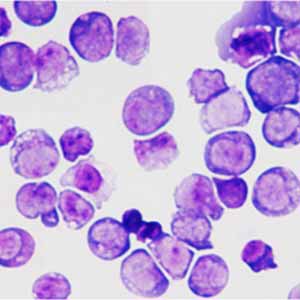Researchers Find Key Player in Diabetic Kidney Disease Through Power of Metabolomics
Tapping the potential of metabolomics, an emerging field focused on the chemical processes of metabolism, researchers at University of California, San Diego School of Medicine have identified a new and pivotal player in diabetic kidney disease.













